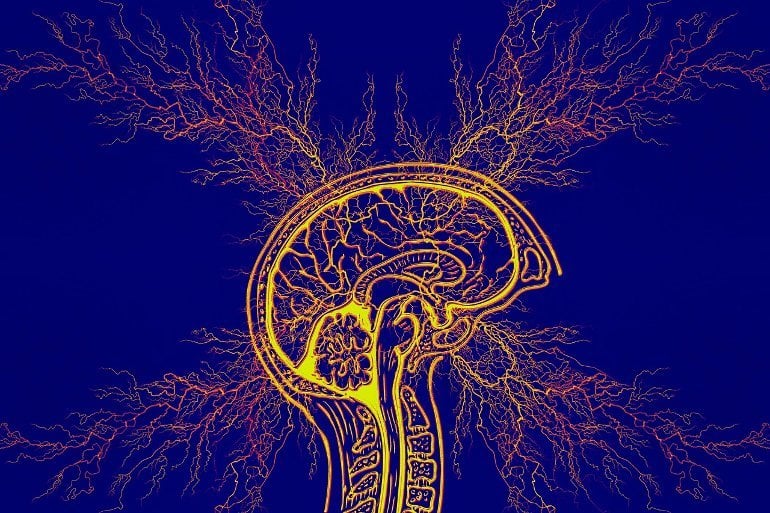The Neuroscience of Addiction and Mental Health: What the Brain Reveals?
Health
Addiction and mental health have long been recognized as complex and interconnected, with many factors contributing to their development and impact. Recent upgrades in neuroscience have shed new light on the biological underpinnings of addiction and mental health, revealing fascinating insights into how the brain functions and how various factors can impact it. If dealing with stressful days, you can visit a professional aid in Didsbury, Alberta’s Addictions and Mental Health Program.
The Role of Dopamine
One of the key neurotransmitters in addiction is dopamine, a chemical that plays a major role in reward-seeking behavior. When we engage in pleasurable activities such as eating, exercising, or having sex, dopamine is released in the brain, reinforcing those behaviors and encouraging us to repeat them in the future.
However, when drugs or other addictive behaviors artificially increase dopamine levels, the brain’s reward system can become overloaded, leading to a compulsive and destructive behavior cycle. Researchers have also found that changes in dopamine function can affect various mental health issues, including depression, anxiety, and schizophrenia.
Overall Impact of Stress
When we experience stress, our bodies release a hormone called cortisol, which can have a range of negative effects on the brain and body. Cortisol can help us respond to stressors in the short term by increasing alertness and focus. However, prolonged exposure to stress can lead to various mental and physical health problems, including depression, anxiety, and addiction.
Researchers have found that chronic stress can change the brain’s reward system, making us more susceptible to addictive behaviors. Stress can also impact the brain’s prefrontal cortex, which is responsible for decision-making and impulse control, making it harder to resist addictive urges.
Effects of Genetics
Research has shown that certain genes can make individuals more susceptible to addiction and mental health disorders. For example, studies have identified specific gene variants associated with an increased risk of alcoholism, while others have been linked to a higher risk of depression or schizophrenia.
However, it’s important to note that genetics are just one piece of the puzzle. Environmental factors and lifestyle choices can also play a significant role in developing and progressing addiction and mental health disorders.
The Promise of Neuroscience Research
While our understanding of addiction and mental health is still far from complete, the latest findings from neuroscience are helping to shed new light on these complex issues. By studying the brain’s inner workings, researchers are uncovering new insights into the biological underpinnings of addiction and mental health and developing new treatments and interventions that can help individuals recover and thrive.
Whether you or someone you love is struggling with addiction or a mental health disorder, it’s important to know that there is hope. You can contact Mental and education health services in Didsbury. With more research and exploration, we may soon be able to develop more effective treatments for those in need and ultimately help improve the lives of million people around the world.





